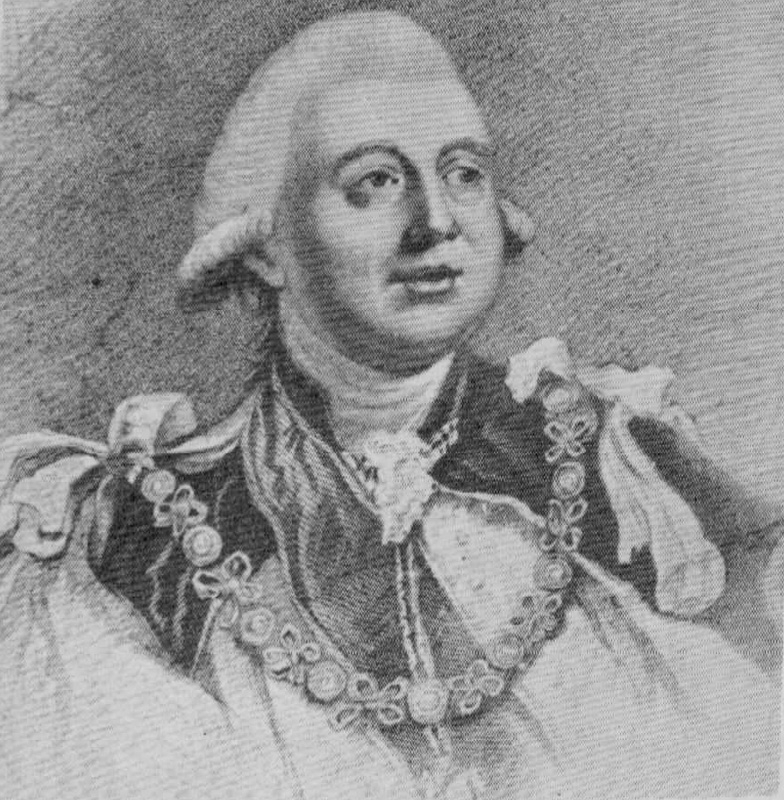
HISTORICAL EVENTS THAT TOOK PLACE ON THIS DAY IN CANADA
10 February

George III (1738-1820)
Treaty of Paris Signed
The Treaty of Paris, signed on February 10, 1763, ended the war between Britain and France, so that Britain obtained Canada.
The Peace of Paris in 1783 ended the war between Britain and the United States.
George III had a hand in both of them. He was only a young man when he insisted in 1763 that the "bloody and expensive" war with France must end. Twelve years later he blundered into the war that cost Britain the United States.
France did not appear to care much about losing its possessions in North America after more than 150 years of colonization. Voltaire said that France had simply got rid of "acres of snow." On another occasion he said, "the King must amuse himself, and this ruinous colony is one of his playthings." Before signing the Treaty of Paris, France gave Louisiana to Spain so that Britain would not acquire it, and thereby gave up all her possessions in North America except the islands of St. Pierre-Miquelon, off Newfoundland. They were retained as bases for French fishermen which they still are today.
Wolfe took Quebec in 1759, and Montreal fell to Amherst in 1760. The war for North America was really over then although General Lévis staged an amazing campaign until the end. He wanted to establish a base on St. Helen's Island off Montreal, the site of Expo '67, and go on fighting.
However, the Marquis de Vaudreuil signed the surrender of Canada in 1760. French citizens were allowed to retain their property and their slaves; Roman Catholics were given full religious liberty which they did not have in Britain. Later, the British Parliament arrange for Canada to have French civil law. The Treaty of Paris did not guarantee the French would be an official language in Canada, but this was assumed and eventually became official.
OTHER NOTABLE EVENTS ON THIS DAY IN CANADIAN HISTORY
10 February
-1604 De Monts made an agreement with merchants of St. Malo and Rouen to colonize Canada.
-1794 Lord Dorchester told the Indians that British patience was exhausted with the United States and predicted war.
-1802 Alexander Mackenzie was knighted for being the first man to cross the North American continent by land.
-1829 King's College, Fredericton (now the University of New Brunswick) , was granted a Royal Charter.
-1838 The Imperial Government suspended the constitution of Lower Canada; a special council was created.
-1841 Upper and Lower Canada were united as the Province of Canada, with Kingston as capital.
-1961 Mrs. Gladys Porter seconded the Speech from the Throne in the Nova Scotia legislature; she was the first woman to do so.
-1961 Paul Enoch of Toronto set a world’s record in speed skating in Norway.